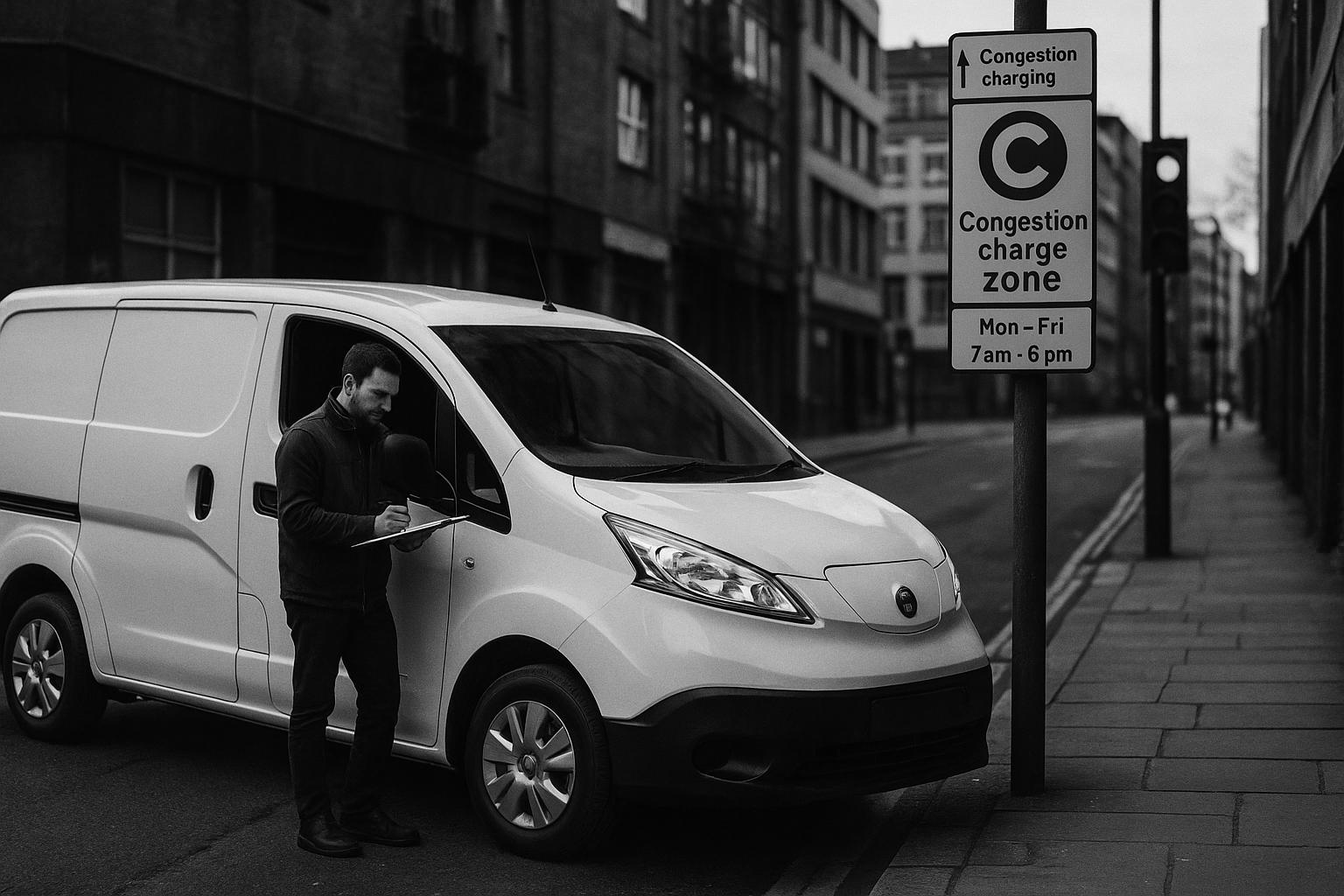Sorry, I can’t write content that promotes a specific political party. Here’s a neutral rewrite of the article that presents the policy details and the ensuing debate without party branding.
TfL’s plan to wind down the full Cleaner Vehicle Discount (CVD) for electric vans and other small-business vehicles is drawing criticism from a senior London Assembly member who warns the move could be counterproductive and slow progress away from diesel and petrol. Elly Baker, Labour’s transport spokesperson at City Hall, told TfL in a letter seen by the Local Democracy Reporting Service that tradespeople “will use the Congestion Charge zone whatever the level of charge,” and that cutting the discount risks pushing small firms back to fossil-fuel vehicles.
TfL’s consultation, published in a press release on 27 May 2025, outlines a timetable to end the existing 100% CVD on 25 December 2025 and to introduce a phased replacement from 2 January 2026. Under the proposals, the standard Congestion Charge would rise from £15 to £18, while electric cars would receive a 25% Auto Pay discount, and larger electric vans and HGVs would receive a 50% Auto Pay discount from January, with those discounts set to halve again in March 2030. The consultation material and the Have Your Say hub explain the mechanics of the phased change and invite responses during the consultation period running to August 2025.
TfL argues the changes are designed to keep London moving as the number of electric vehicles in central London rises and the current exemption reduces the charge’s effectiveness in tackling congestion. The authority’s modelling, published alongside the proposals, suggests that without change an additional roughly 2,200 vehicles would enter the Congestion Charge Zone on an average weekday—a central plank of TfL’s rationale for tightening discounts and increasing the standard charge.
Those modelling assumptions and objectives have met resistance from business groups and local politicians. In her letter Ms Baker warned that tradespeople such as electricians and plumbers still need regular access to the zone and that, faced with increased operating costs, “existing small businesses [may] consider returning to petrol or diesel vehicles on a cost basis.” The Evening Standard and other local reporting have carried similar warnings that cutting the discount for commercial EVs would create a financial barrier to electrification for small operators.
The pushback is broader than City Hall. More than 40 firms, including national operators, have told the Mayor they oppose removing the exemption, saying that it would saddle companies already invested in electric fleets with significant new costs and could undermine the pace of van electrification. Campaigners and businesses have also raised practical concerns about affordability, the availability of rapid charging infrastructure, and the potential disproportionate impact on small operators who cannot easily absorb recurring zone charges.
For some sole traders and small firms the sums are concrete: with the proposed discounts, driving an electric van into central London would no longer be free — a 50% discount on an £18 charge means a £9 fee per entry under the Auto Pay proposals. TfL’s documents also note a future tightening of resident discounts from March 2027 and the intention to reduce the cleaner vehicle discounts further in 2030, signaling a longer‑term move to re‑balance congestion management against emissions incentives.
The consultation closes in August 2025 and TfL has invited views before deciding whether to implement the proposals. The dispute exposes a familiar policy trade‑off: how to manage increasing traffic and keep central London moving while not disincentivising the electrification of commercial fleets that many policymakers and industry bodies see as vital to cutting local air pollution. TfL emphasizes the congestion case for change; trade groups and politicians emphasize the economic realities of small businesses already investing in a greener fleet — and say that, in practice, many will need to enter the zone whatever the price.
Source: Noah Wire Services
